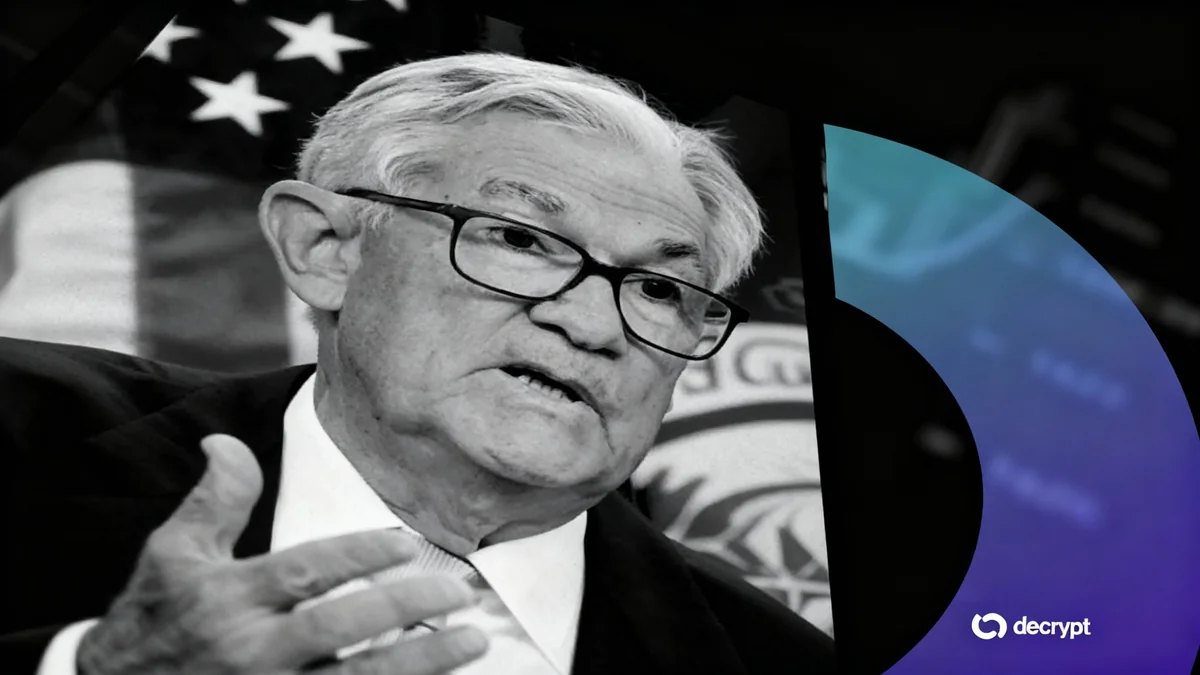The online gaming industry is witnessing a significant shift with the rise of platforms that operate primarily with cryptocurrencies like Bitcoin. These platforms are attracting a global user base by offering features that traditional online casinos often cannot, such as enhanced anonymity, faster transaction speeds, and substantial bonus structures. Companies like BC.Game, TG.Casino, and Stake are becoming prominent names in this evolving sector, leveraging blockchain technology to offer a different kind of gaming experience.
This expansion is driven by player demand for more control over their funds, reduced processing times for deposits and withdrawals, and access to gaming services in regions with strict financial regulations. By using digital assets, these platforms bypass conventional banking systems, which can be slow and impose limitations. However, this new landscape also presents unique challenges, including regulatory uncertainty and the inherent volatility of cryptocurrency markets, which both operators and players must navigate.
Key Takeaways
- Bitcoin gaming platforms utilize cryptocurrencies for deposits, wagers, and withdrawals, offering an alternative to traditional fiat currency systems.
- Key features attracting users include no-KYC (Know Your Customer) policies, instant withdrawals, and often larger bonus offers compared to conventional online casinos.
- The competitive landscape is marked by aggressive promotional offers, with some platforms providing bonuses up to 1 BTC or more.
- While offering benefits like privacy and speed, the sector operates in a complex and often undefined regulatory environment, which presents risks for players.
The Growing Appeal of Crypto-Based Gaming
The online gaming market has seen consistent growth, and the integration of cryptocurrency is a major driver of this new phase. The primary appeal lies in the fundamental properties of blockchain technology. Transactions made with Bitcoin or other digital currencies are processed on a decentralized network, which means they are not typically subject to the approval of a central bank or financial institution.
This structure results in significantly faster processing times. While a traditional bank transfer or credit card withdrawal from a gaming site can take several business days to complete, cryptocurrency transactions are often finalized within minutes. This speed is a major convenience for players who want immediate access to their winnings.
Furthermore, the use of cryptocurrencies introduces a level of privacy that is difficult to achieve with traditional payment methods. Many crypto gaming sites have minimal or no KYC requirements, allowing users to register and play without submitting extensive personal identification documents. This appeals to users who are concerned about data privacy or who reside in jurisdictions where online gaming is heavily restricted.
What is 'No-KYC'?
"No-KYC" refers to a policy where a service does not require its users to complete the "Know Your Customer" verification process. In the financial world, KYC involves collecting and verifying a customer's identity (e.g., through a driver's license or passport) to prevent fraud and money laundering. Crypto platforms offering no-KYC services allow for greater user anonymity.
Key Features Defining the Crypto Gaming Experience
Beyond speed and privacy, several other features distinguish crypto gaming platforms from their traditional counterparts. These elements are central to their marketing and are designed to build user trust and engagement in a decentralized environment.
Enhanced Bonus and Cashback Structures
Crypto gaming sites are known for offering highly competitive bonuses. Because they often have lower overhead costs associated with payment processing, they can pass these savings on to players in the form of larger welcome packages, deposit matches, and ongoing promotions.
For example, it is common to see offers structured in cryptocurrency terms, such as:
- BC.Game: A 360% bonus that can reach up to $100,000.
- Mega Dice: A 200% bonus up to 1 BTC, plus free spins.
- Betpanda: A 100% bonus up to 1 BTC with 10% weekly cashback.
These figures are often substantially larger than what is available on fiat-based platforms. Cashback and rakeback (a percentage of the house edge returned to the player) are also common, providing a continuous incentive for user loyalty.
Instant and Limitless Withdrawals
One of the most significant pain points in traditional online gaming is the withdrawal process. Players often face daily or weekly withdrawal limits and lengthy verification procedures. Crypto platforms frequently advertise "no withdrawal limits" and "instant payouts."
Transaction Speed Comparison
A typical Bitcoin transaction can be confirmed on the network in about 10 to 60 minutes. In contrast, an international bank wire transfer can take 3-5 business days to clear, and credit card withdrawals can take a similar amount of time to be processed and reflected in a user's account.
Platforms like BC.Game and Playbet.io explicitly market that they have no maximum withdrawal limits, giving players full control over their funds. This is a powerful draw for high-volume players who may feel constrained by the policies of conventional sites.
Accessibility and VPN-Friendliness
Many crypto gaming platforms operate under international licenses, such as those from Curaçao, which allows them to serve a global audience. They are often designed to be VPN-friendly, meaning they do not block users who connect through a Virtual Private Network. This feature provides access to players in regions where local regulations might otherwise prevent them from participating in online gaming.
A Competitive Landscape of Bonuses and Features
The market for Bitcoin gaming is crowded, leading to intense competition among platforms. This rivalry benefits players, who can choose from a wide array of promotions and unique platform features. The offers highlight the different strategies companies use to attract and retain users.
A review of current promotions shows a clear trend toward large-scale incentives tied to cryptocurrency deposits:
- TG.Casino offers a 200% rakeback bonus up to 10 ETH, targeting Ethereum users specifically.
- Bets.io provides a 250% welcome bonus up to 1 BTC, coupled with 250 free spins.
- Cloudbet focuses on continuous rewards with up to 30% rakeback, which is paid in cash with no rollover requirements.
- Stake has built a strong brand around its VIP club, daily giveaways, and exclusive sports promotions alongside a 200% bonus.
These promotions demonstrate the sector's focus on high-value offers that leverage the unique properties of digital currencies. The absence of traditional payment processor fees allows for more generous reward systems.
Navigating the Risks and Regulatory Environment
Despite the advantages, the world of crypto gaming is not without significant risks. The most prominent concern is the lack of consistent regulation. While some platforms are licensed, the oversight can be less stringent than that of major regulatory bodies like the UK Gambling Commission or the Malta Gaming Authority.
"The regulatory landscape for crypto-related activities, including gaming, is still in its early stages of development globally. This creates a grey area where player protections may not be as robust as they are in traditionally regulated markets."
This ambiguity means that players have fewer avenues for recourse in case of a dispute with a platform. Funds are not insured in the way bank deposits are, and transactions, once confirmed on the blockchain, are irreversible.
Another major risk is the price volatility of cryptocurrencies. The value of a player's balance, held in Bitcoin or another altcoin, can fluctuate dramatically in a short period. A large win could see its real-world value decrease before it can be converted back to fiat currency. Conversely, its value could also increase, but the unpredictability remains a key factor for players to consider.
Ultimately, while crypto gaming platforms offer compelling features like privacy, speed, and large bonuses, potential users must weigh these benefits against the regulatory uncertainties and financial risks inherent in the cryptocurrency space.





